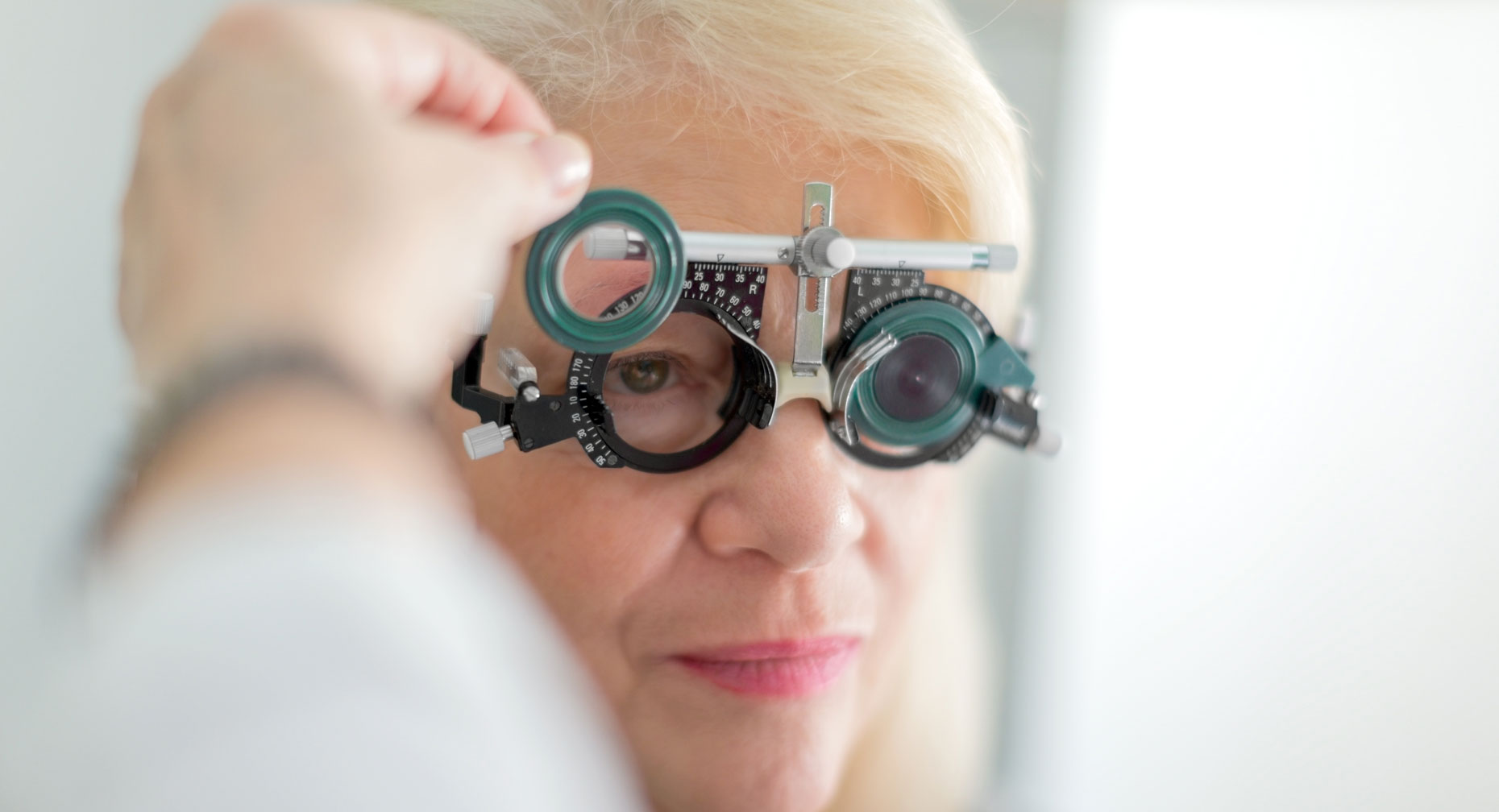It’s Clear to See: Adults Need Regular Eye Exams

Find Your Perfect Match
Answer a few questions and we'll provide you with a list of primary care providers that best fit your needs.
Being able to see things more clearly is a great reason to get your eyes examined, but it's far from the only reason. Beyond bringing the world into better focus, adult eye exams are important because they can provide early notice of problems such as eye disease. Finding eye problems early can help preserve your vision.
It can take a while for diseases of the eye to develop noticeable symptoms, so regular eye examinations, including a comprehensive dilated eye exam, play an important role in catching problems early, when treatment has the best chance of preventing vision loss.
The American Academy of Ophthalmology recommends a baseline examination at age 40 to check for the kinds of eye problems that adults can be prone to.
The Eye Examination
The typical eye exam will include tests for the sharpness (acuity) of your vision, your depth perception, and eye alignment and movement.
When it comes time for the comprehensive dilated eye exam, your eye doctor will put drops into your eye that dilate (widen) your pupil, allowing the doctor to look into your eye with special instruments and check for problems. This is how the doctor can see early signs of diseases such as glaucoma, age-related macular degeneration (AMD), or diabetic retinopathy. The comprehensive dilated eye exam can even help uncover other problems, such as high blood pressure or diabetes.
When Should I Have My Eyes Examined?

Though eye exams and eye care are important for young people, as we age it becomes even more important to have regular
It's recommended that people 65 or older have a comprehensive dilated eye exam every year, even if their vision seems fine. Conditions such as AMD, glaucoma, diabetic retinopathy, cataracts, and dry eye syndrome can all lead to blindness. So be proactive and see your eye-care specialist regularly before these problems can overtake you. If you have any of the following signs or symptoms, be sure to see an eye doctor immediately:
- Double or multiple vision
- Loss of side vision
- Difficulty seeing objects close up or far away
- Fading colors
- Poor night vision
- Poor central vision, or seeing straight objects as wavy
- Blurred text or type
You may require more frequent eye exams based on other health factors that could increase your risk for eye problems. If in doubt, check with your health care provider. You might need more frequent eye exams if you:
- Have diabetes
- Have had eye surgery
- Have hypertension (high blood pressure)
- Wear contact lenses
- Have a family history of eye disease
- Are exposed to potential eye injury at work
- Are on medication that can cause changes in your eyes
Find Your Perfect Match
Answer a few questions and we'll provide you with a list of primary care providers that best fit your needs.
Source: American Academy of Ophthalmology; Centers for Disease Control and Prevention




